Many of Marvel’s villains have been blatant baddies: Ultron (James Spader) wanted to extinguish humanity because he saw no redemptive qualities in man; Hela (Cate Blanchett) was the goddess of death, so killing people was kind of her raison d’être; and Red Skull (Hugo Weaving) was a literal Nazi.
Of course, Marvel’s best villains have always been a little more complicated. In Black Panther, Killmonger (Michael B. Jordan) made a compelling argument that Wakanda had a responsibility to protect oppressed people across the globe, even if his solution to that problem was far too radical. The movie’s hero, T’Challa (Chadwick Boseman), even adopts Killmonger’s philosophy by the end of the movie.
Loki (Tom Hiddleston) was driven to hegemony in The Avengers when he was spurned by his father and forced to live under his brother’s gargantuan shadow. Loki notably finds his inner hero only after he reconciles with his brother in Thor: Ragnarok.
And while Thanos (Josh Brolin) ought to have doubled the resources in the universe rather than cutting its population in half, he was trying to save the universe from an environmental crisis. “Thanos was right” has become a popular meme both on real-life Twitter and inside the Marvel Cinematic Universe, where keen-eyed viewers can occasionally spot the phrase graffitied on the stall door in a men’s bathroom or emblazoned on a coffee mug.
Still, we cheer at the end of Avengers: Endgame when Captain America (Chris Evans) stands up, bloodied and beaten, to fight Thanos, because our hero fights to protect lives, and our villain fights to destroy them. But in the aftermath of Avengers: Endgame, the line is blurring between hero and villain. Marvel’s protagonists and antagonists are getting more complicated: In fact, it’s often hard to tell them apart.
Is Yelena from Black Widow and Hawkeye a protagonist or an antagonist? Are the villains in Spider-Man: No Way Home redeemable? Which of the Eternals was right?
It looks more and more like the future of the MCU will be full of anti-heroes and sympathetic villains. Here’s how every single MCU live-action film and TV show that premiered in 2021 strove to complicate our notions of good and evil.
WandaVision
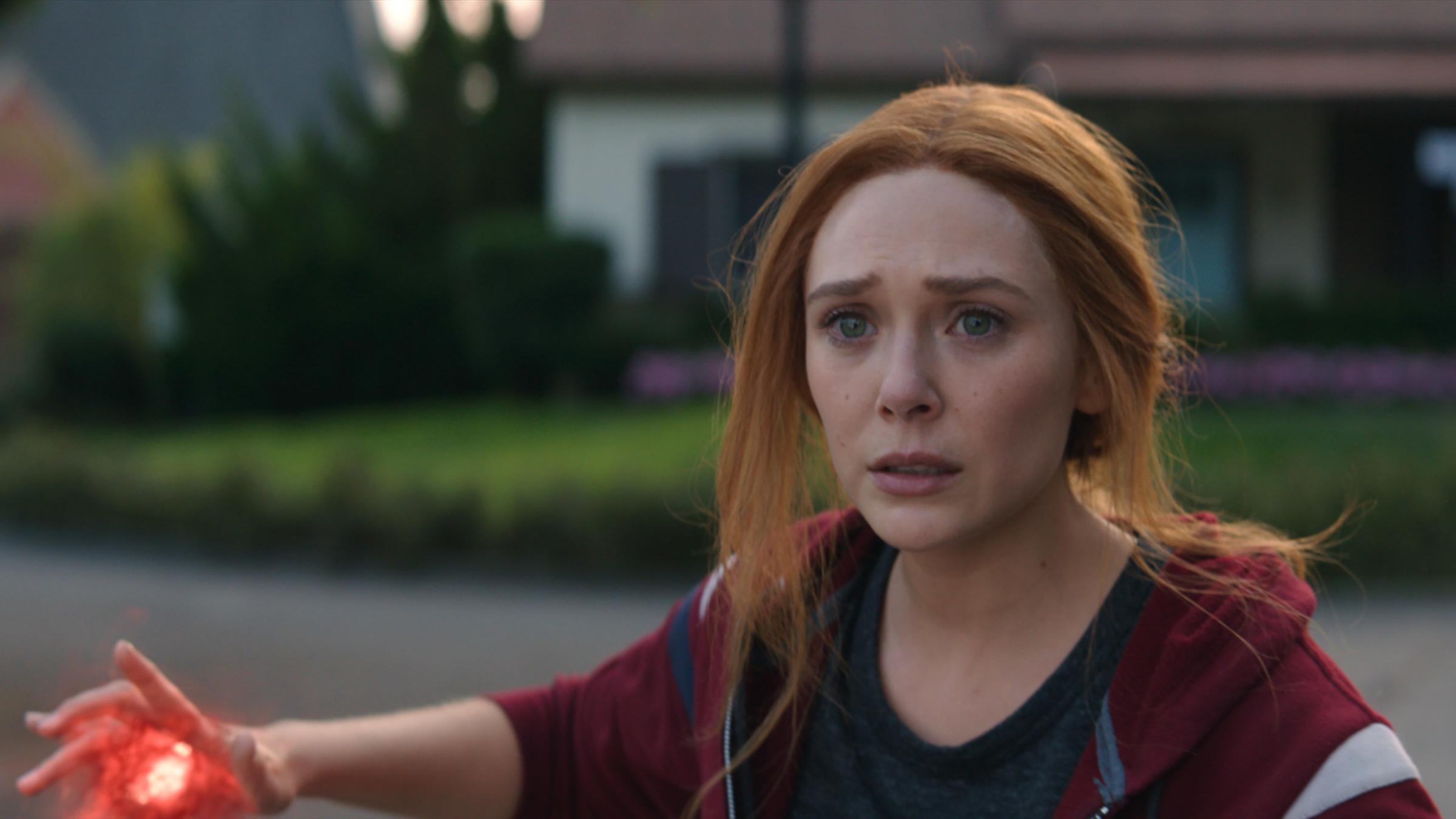
Spoilers ahead for WandaVision
Marvel kicked off the year with a TV show centered on a “hero” who holds an entire town hostage using mind control and forcing them to play out her fantasy of playing house on a sitcom. True, Wanda was grieving the death of her partner, Vision, and, true, the witch Agatha Harkness (Kathryn Hahn) encouraged Wanda’s delusion. But Wanda essentially tortured people for her own selfish gain. At the end of the show, Wanda releases the townspeople but walks away, suffering seemingly no consequences for her actions.
Wanda’s transgressions were so disturbing that many fans theorized she would become the main villain in the next Doctor Strange movie, Doctor Strange in the Multiverse of Madness. But the first teaser from that film, which debuted at the end of Spider-Man: No Way Home, suggests that perhaps it’s Doctor Strange himself who will play the role of both hero and villain.
Read More: What Happened at the End of WandaVision? All Your Questions Answered
The Falcon and the Winter Soldier
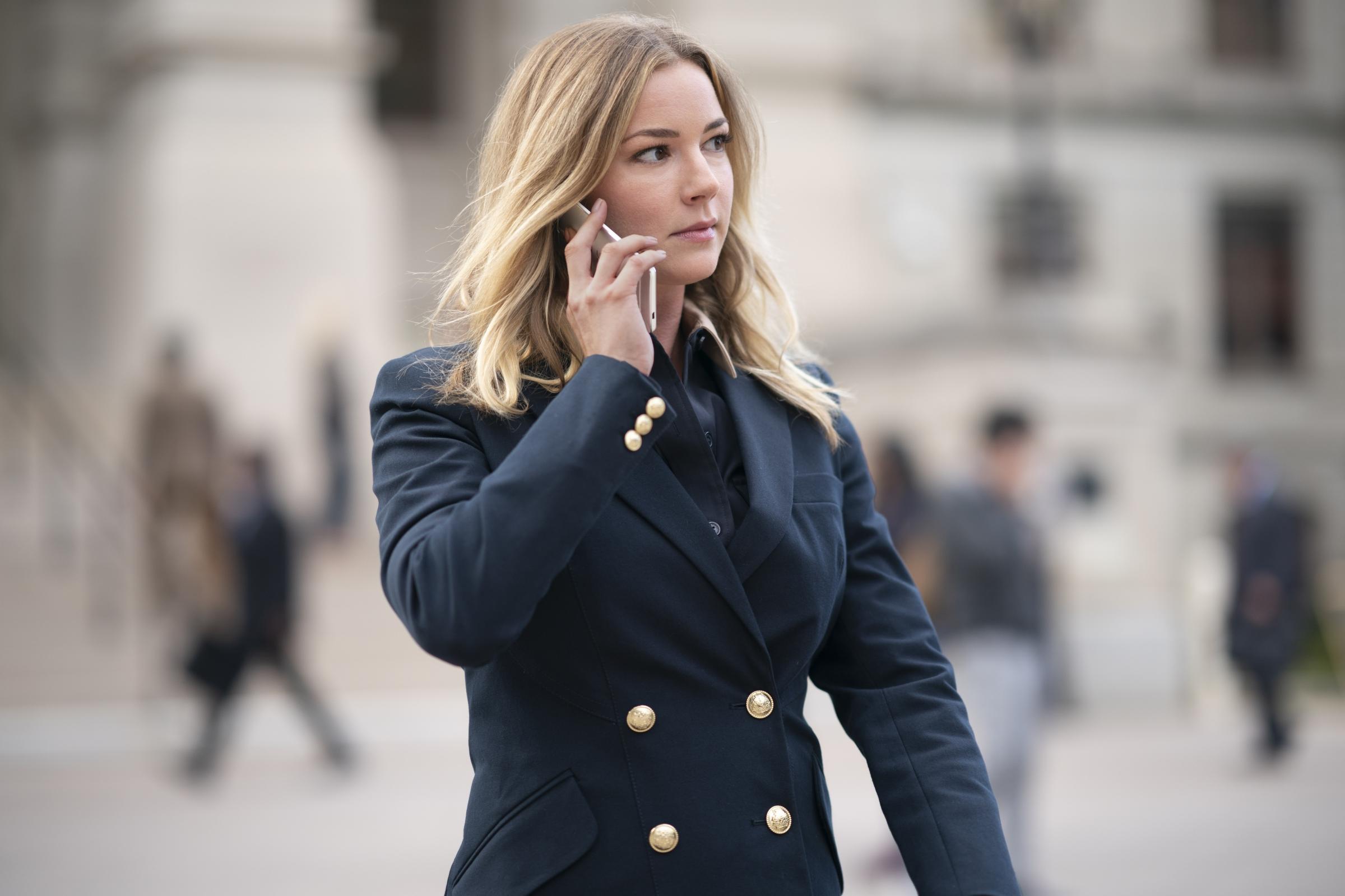
Spoilers ahead for The Falcon and the Winter Soldier
Much of The Falcon and the Winter Soldier follows Bucky Barnes (Sebastian Stan) as he struggles to make amends for the murders her committed when he acted as a brainwashed agent of HYDRA. In the past, the MCU has been quick to forgive and forget actions committed while a good guy was brainwashed—like when Hawkeye was released from Loki’s spell—but here, Bucky has to live with the consequences of his actions, even if he could not control those actions.
The main villain of the series, Karli (Erin Kellyman), is also a rather ambiguous figure. She fights for attention and resources for those displaced by the Blip. But she uses terrorist tactics to get what she wants. Her death is a semi-tragic one.
The rest of the show is filled with ethically murky characters. The onetime SHIELD agent and good guy Sharon Carter who is now operating as the Power Broker, essentially a mob boss figure. A super-powered man named U.S. Agent (Wyatt Russell) initially has good intentions but is corrupted by the supersoldier serum. He teams up with a shady figure named Val (played by an evil-looking Julia Louis-Dreyfus). Captain America’s corner of the MCU will be filled with agents of chaos.
Read More: All Your Falcon and the Winter Soldier Questions, Answered
Loki
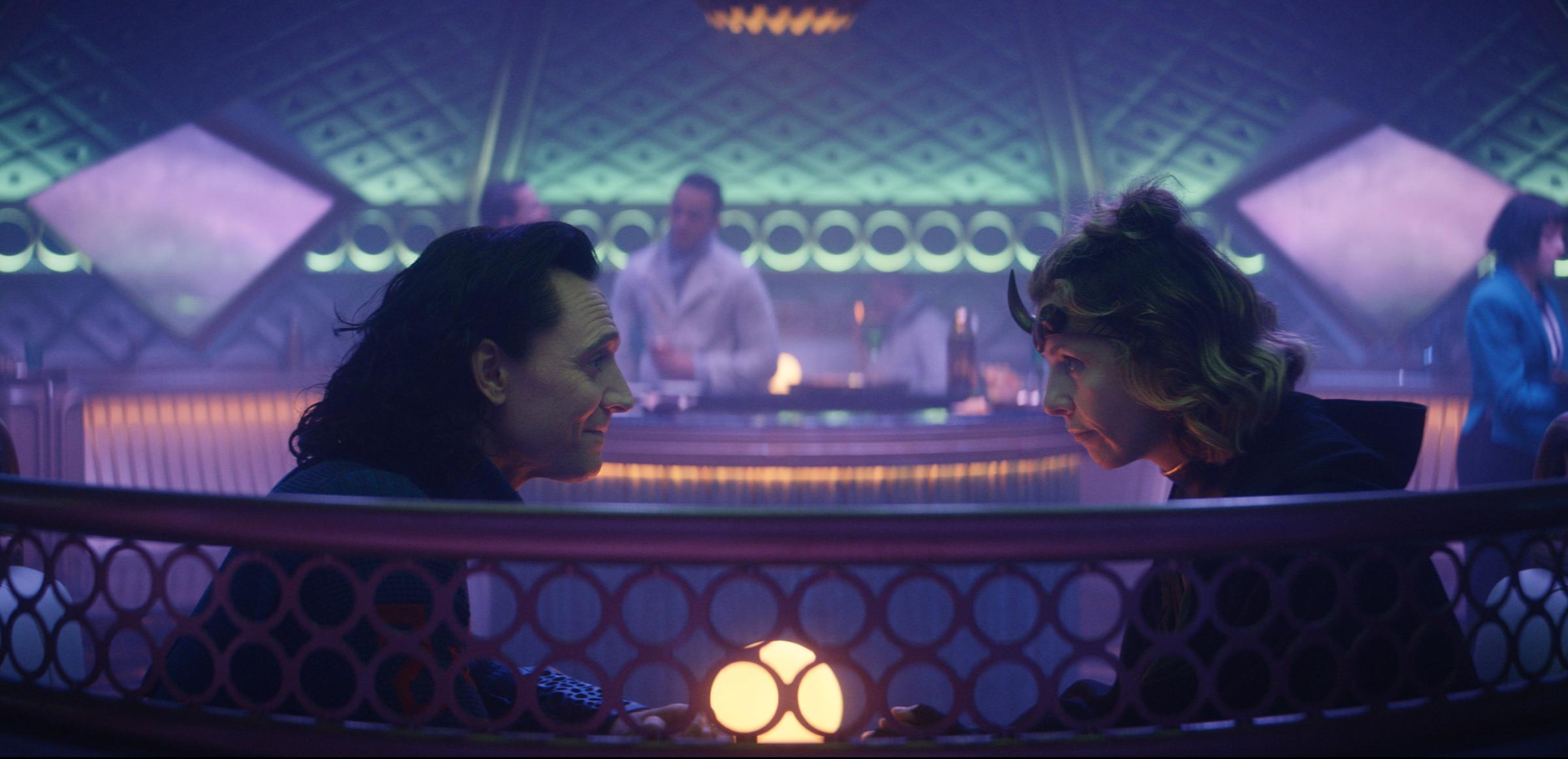
Spoilers ahead for Loki
Somehow the Avengers villain responsible for the deaths of thousands of innocent New Yorkers (as Hawkeye often reminds us) has become one of the leading heroes in this fourth phase of the MCU. By Avengers: Infinity War, Loki had kind of, sort of, maybe redeemed himself: At the beginning of that movie he sacrifices himself to try to hide an Infinity Stone from Thanos and save his brother, Thor (Chris Hemsworth).
But that evolution took years and several Thor movies to achieve. The trickster god we meet at the beginning of Loki is definitively a villain: He escapes the Avengers mere minutes after he has attacked New York City and begins his new adventure.
I’ll spare you the explanation of the multiverse that cracks open in this series, but know that Loki discovers there are multiple versions of him across multiple universes, called variants, some more evil than others. Those encounters convince him that perhaps he can stray from his pre-ordained path of villainy.
He and one of those variants, a woman named Slyvie, also discover that one man, ominously called he Man Who Remains, rules over all these various timelines to ensure order. Otherwise, the Man Who Remains warns, an evil variant called Kang the Conquerer will emerge. Loki and Sylvie (a female “variant” of Loki from another timeline) disagree about whether Kang is good or evil, a benevolent dictator or a sociopath with a god complex. And reasonable fans may disagree.
Sylvie kills the Man Who Remains, thus causing the timeline to fracture into a multiverse where different versions of the same person can live and thrive in parallel timelines. From a philosophical perspective, the multiverse challenges the very notion that any single person can just be “one thing” since another version of them with different ethical standards might exist somewhere else.
Read more: Here’s What the Loki Finale Means for Future Marvel Movies
Black Widow
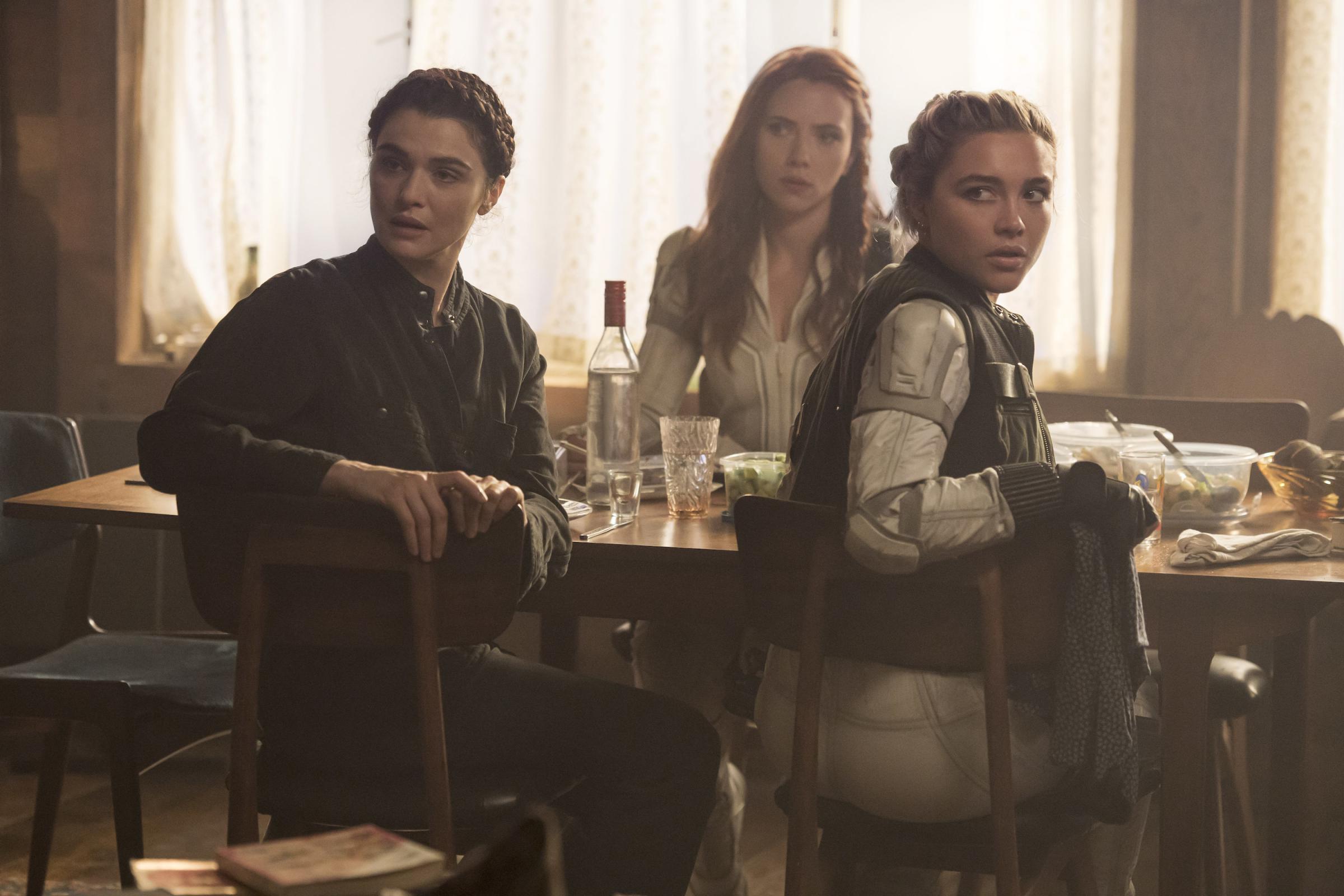
Spoilers ahead for Black Widow
In Black Widow’s movie, we learn that Natasha (Scarlett Johansson) and her adoptive sister Yelena (Florence Pugh) were trafficked as children and brainwashed into becoming Russian assassins. But their adoptive parents (Rachel Weisz and David Harbour) seem to have chosen that life.
The family works to atone for their sins in the film, but by the end of the movie, Yelena has not fully reformed. In an end-credits scene for the film, set after the events of Avengers: Endgame, she visits Natasha’s grave. There, she takes an assignment from Louis-Dreyfus’ Val to kill Hawkeye.
Murdering for money is not exactly heroic behavior. But Yelena doesn’t seem to be motivated by money as much as vengeance, an understandable impulse. And it is true that Red Skull forced Hawkeye and Black Widow to choose which one of them would die so the other could attain the Soul Stone and defeat Thanos in Endgame. Though Natasha sacrificed herself to save Hawkeye, Hawkeye certainly carries the guilt and burden of Natasha’s death, especially considering he’d spent the last five years as the vigilante Ronin.
So is Yelena a hero or villain for trying to kill an Avenger, especially one who went on a killing spree during the blip? It’s a question without a simple answer.
Shang-Chi and the Legend of the Ten Rings
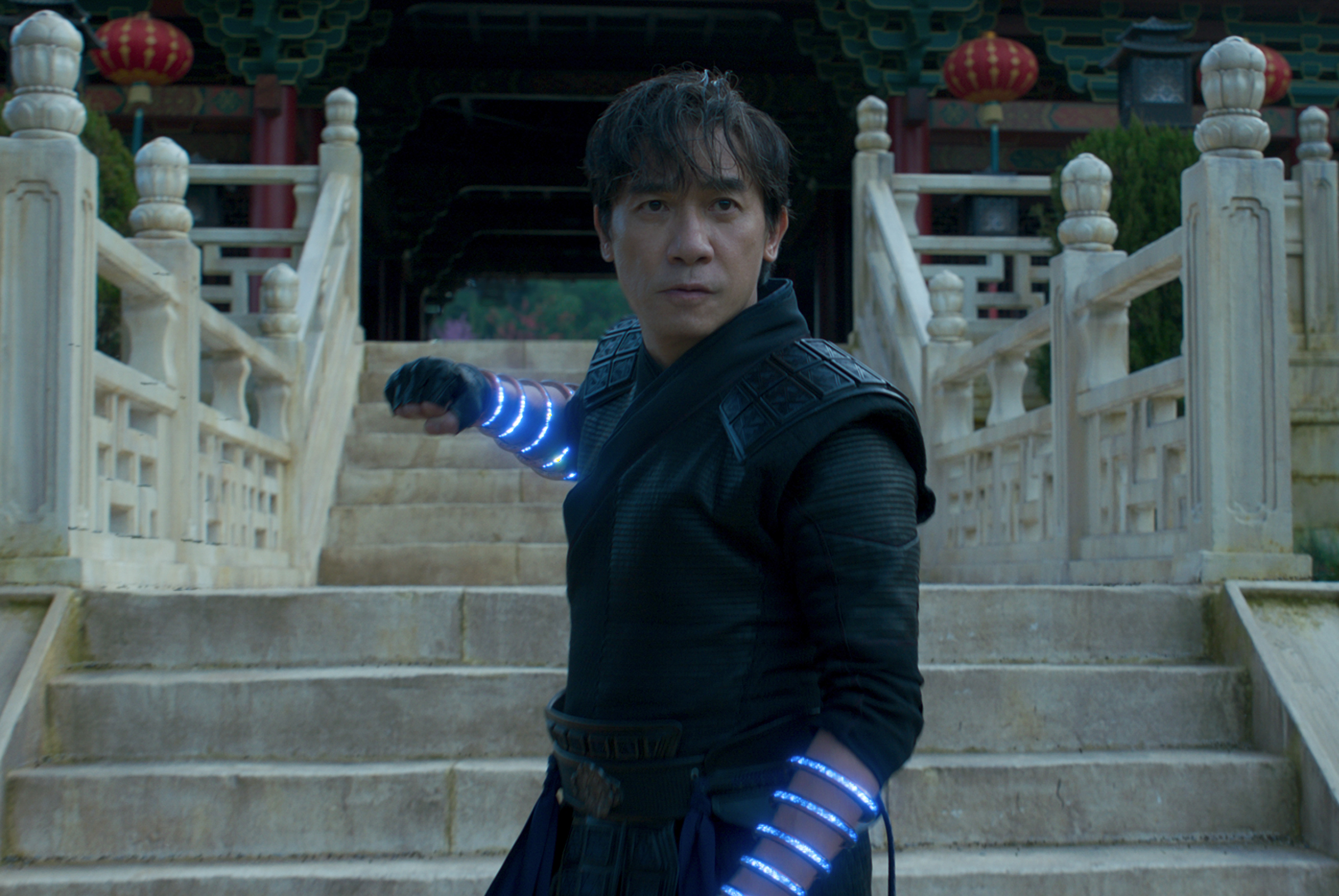
Spoilers ahead for Shang-Chi and the Legend of the Ten Rings
Critics have praised Shang-Chi for the complicated villain at its center. On the surface, Shang-Chi’s father, Xu Wenwu (Tony Leung), is the leader of a criminal organization who submitted his son to torturous training, ignored his daughter and kidnapped them both when they were adults.
But Wenwu also gave up his powerful weapons (the titular Ten Rings) and villain’s agenda after he met his wife. Only after she is murdered does he begin to wear the Ten Rings again to protect his family. And he captures his kids in hopes that they will help him find the ghost of their mother, who he says is calling to him from a mystical land. He’s a man blinded by grief who will go to extreme measures to reunite his family.
His dark side and light are constantly battling against one another. He may be the antagonist, but his story is a tragedy.
Read More: Tony Leung Captivates in Shang-Chi
Eternals
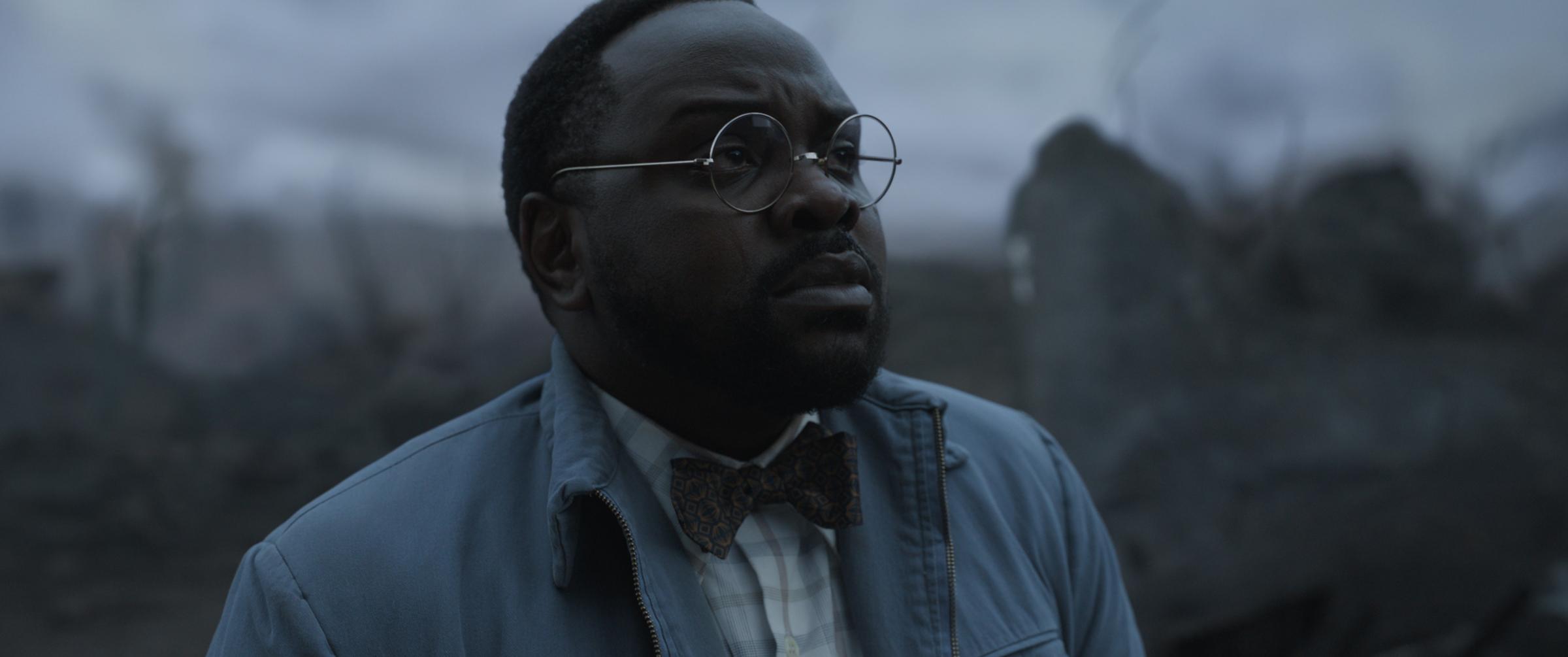
Spoilers ahead for Eternals
Eternals wrestles with questions about the “greater good.” The god-like characters at the center of this film arrive on Earth believing that their mandate is to protect humanity and help them develop as a species, and they are inspired and dismayed by the results.
Whether the Eternals are a force of good or evil is an unanswerable question, though Marvel offers one interpretation in an unforgivable and offensive scene in which the movie indirectly blames the very real bombing of Hiroshima on these super beings.
Throughout the movie, the Eternals debate whether they ought to save humanity or whether Earth should be sacrificed for some greater purpose. About half of the Eternals decide humanity isn’t worth saving and either opt out fo the final battle to save the world or actively fight to destroy it. Chloé Zhao’s film feels indifferent as to the various Eternals’ choices (ones who fought to destroy the Earth get noble ends or are forgiven literally seconds later), which is definitely a major break from the traditional morals at the end of a Marvel story.
Read More: How the Eternals Fit Into the Marvel Cinematic Universe
Hawkeye
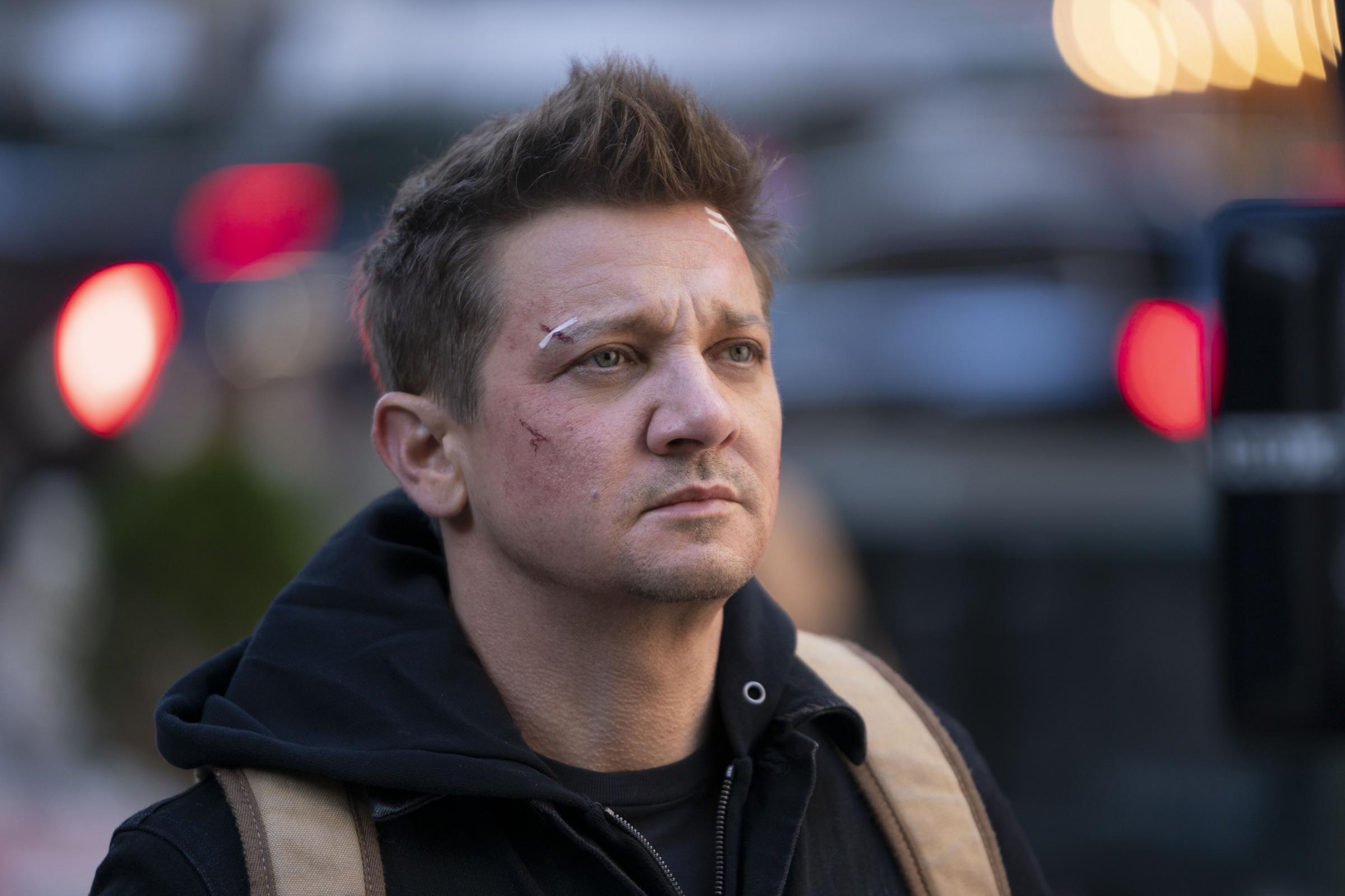
Spoilers ahead for Hawkeye
It’s nearly impossible to characterize the many street-level fighters populating Hawkeye. It’s probably safe to say that the reckless and sarcastic archer Kate Bishop (Hailee Steinfeld) and her adorable companion Pizza Dog are good guys. Kate has long dreamed of becoming an Avenger and always strives to find the noble path, even if that quest gets complicated.
But is Hawkeye a good guy just because he’s an Avenger? As Yelena points out to Kate, the term Avenger doesn’t mean much if one of the super-team’s members can don a suit, name himself Ronin, and travel the world killing criminal under lords with no oversight, as Clint Barton did.
But is Yelena herself a hero? She’s compelled by vengeance and money to kill Clint Barton. Is that any worse than Clint being motivated by grief to don the Ronin suit? And what about Echo, another character who wants Clint dead because she believes him to be responsible for the murder of her father?
For that matter, can we really blame Kate’s mother’s Eleanor Bishop for turning to crime to protect Kate and her family’s future after her husband got them deep into debt? What counts as a pure motivation and who is corrupt?
Read More: The Future of Spider-Man and the MCU After No Way Home
Spider-Man: No Way Home
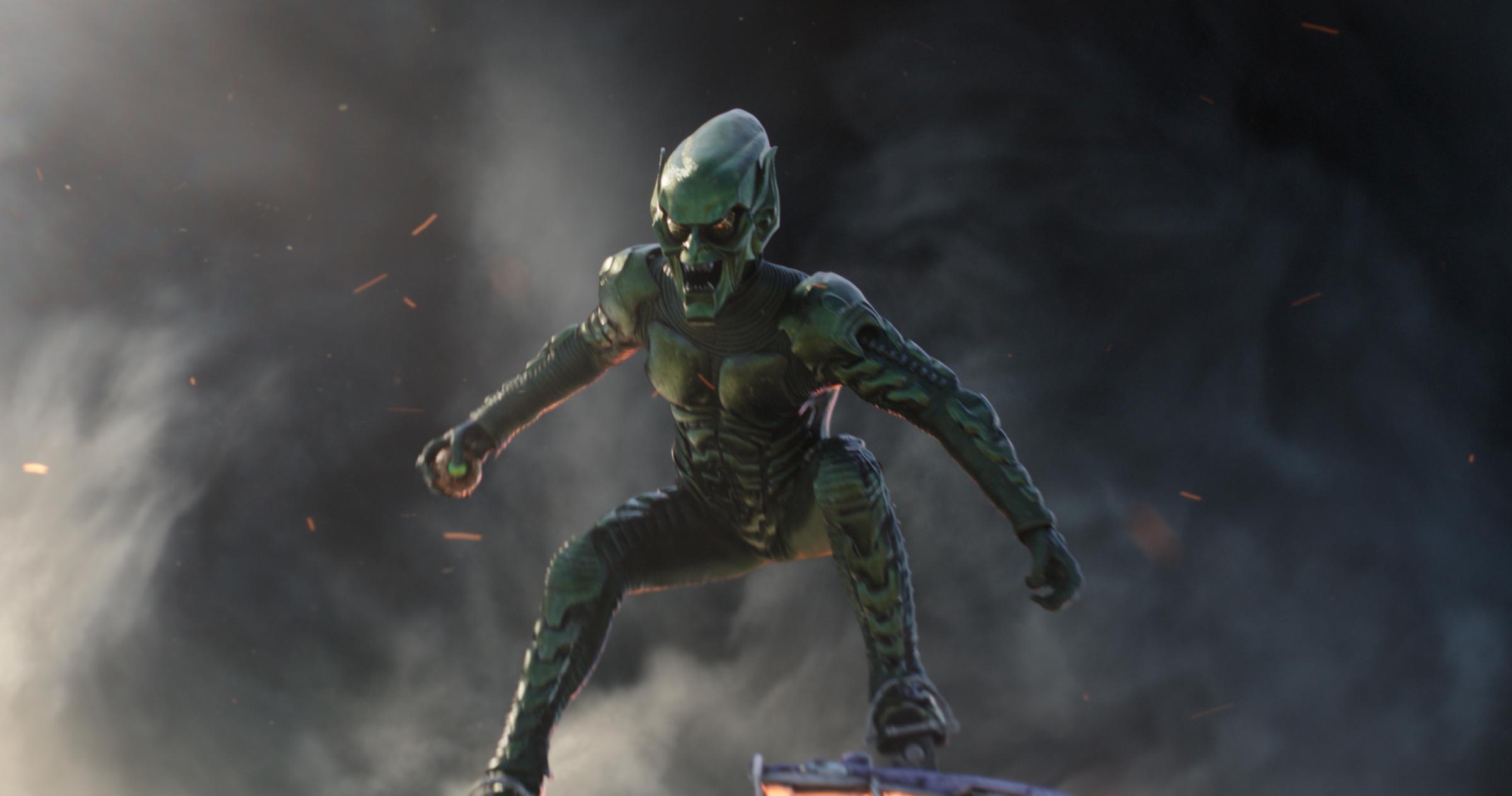
Spoilers ahead for Spider-Man: No Way Home
If Captain America was a boy scout, Peter Parker may be even more pure. The earnest, selfless superhero spends Spider-Man: No Way Home trying to find ways to reform the various old villains that pop into his universe from parallel worlds in the film. Luckily for Peter, all these baddies have an on-off switch. Simply create an antidote to whatever ails Green Goblin, Doctor Octopus and the other men physically or mentally, and Peter is sure that they will become good again.
The movie endorses Peter’s immensely generous approach to these murderers, and suggests that perhaps some of Peter’s predecessors ought to have given the villains in their stories a second chance. Of course, it’s not always so simple as blasting a baddie with some sort of medicinal mist. If only the many scientists on the Avengers team had been able to figure out a device that could have changed Thanos’ mind about his whole genocidal plan. But the plot certainly indicates that in the future of the MCU, anyone could be redeemed.
Read More: Breaking Down the Spider-Man: No Way Home End-Credits Scenes
More Must-Reads from TIME
- Donald Trump Is TIME's 2024 Person of the Year
- Why We Chose Trump as Person of the Year
- Is Intermittent Fasting Good or Bad for You?
- The 100 Must-Read Books of 2024
- The 20 Best Christmas TV Episodes
- Column: If Optimism Feels Ridiculous Now, Try Hope
- The Future of Climate Action Is Trade Policy
- Merle Bombardieri Is Helping People Make the Baby Decision
Write to Eliana Dockterman at eliana.dockterman@time.com